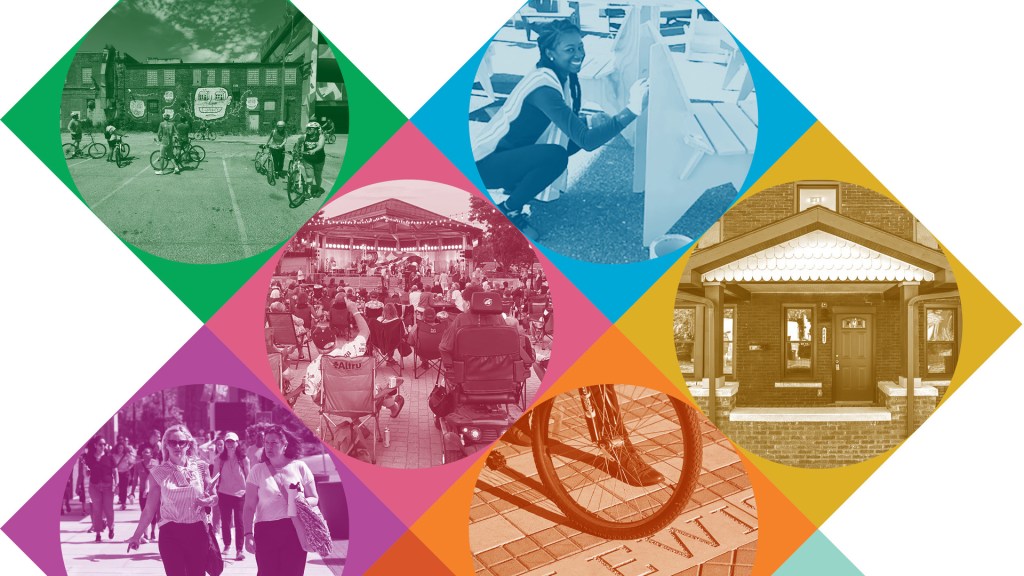
Post-2020, college students see speech as less secure, and students of color feel less protected
An uproar over a climate scientist’s canceled lecture at MIT. A furor over a Charles Murray talk at Middlebury College. An ongoing controversy concerning racist remarks by a University of Pennsylvania law professor.
In recent years, headline-grabbing events like these have sparked an energetic debate about how higher education should treat speech in the 21st Century. But what do students think?
At Knight Foundation, we’ve researched students’ evolving views on free expression for nearly two decades. Today, we released our latest report on college students, which examines how attitudes towards speech and free expression have changed since the 2020 racial justice movement and presidential election.
The report — “College Student Views on Free Expression and Campus Speech 2022” — is based on a nationally representative survey of more than 1,000 college students, conducted by the polling firm Ipsos. It’s the latest study from the Knight Free Expression (KFX) Research Series, which explores how Americans’ perceptions of free speech and the First Amendment are shifting in a rapidly changing world.
Our findings show that decisive majorities of students, like American adults more broadly, continue to believe that free speech principles are important to democracy (84%) and that the First Amendment protects them (83%). But students are increasingly anxious about the state of free expression both on and off campus. These trends – and widening racial gaps within them – raise particular concerns for college leaders working hard to promote free speech and inclusive campuses.
For example, the share of students who feel free speech in America is secure — just 47% — has fallen steadily every year since 2016. College students of color — especially Black students — feel their speech is less protected than others. The percentage of Black students who feel the First Amendment protects them a great deal (just 5%) has fallen 20 percentage points since 2019. By comparison, 43% of white students feel the First Amendment protects them a great deal.
Student experiences with speech on campus also reflect important differences by race and ethnicity. The percentage of students who report having felt unsafe due to speech on campus has risen 5 percentage points since 2019, to 17%. Black (20%) and Hispanic (21%) students are more likely to report feeling unsafe than white students (14%), and they are nearly twice as concerned than white students that their activity on social media could lead to real-world harm.
One of the greatest challenges in American society — and on college campuses — is promoting free speech while building diverse, inclusive communities. Knight Foundation shares our research on free expression issues to help leaders in government, higher education and the corporate world accomplish both goals by understanding the complicated landscape of public and student opinion on these issues.
Most students believe free expression is essential and a majority support a learning environment that exposes them to all types of speech — even when it is offensive or biased. Only 19% of students want colleges to be able to restrict political speech on campus. But the proportions flip when it comes to racial slurs — 67% say colleges should be able to restrict their usage on campus, and only 17% say colleges should not be allowed to do so.
When it comes to college campuses, our findings raise important questions about why some students’ views of speech are changing rapidly over such a short period, and what is fueling their concerns. We hope our latest report on students’ views of free speech will help educators understand how different parts of the student body see and experience these issues, so they can work collectively to build the best learning environment for all.
Visit kf.org/kfxcollege to see complete findings from the report.
Evette Alexander is director of learning and impact at Knight Foundation.
Recent Content
-
Information and Societyarticle ·
-
Artsarticle ·
-
Information and Societyarticle ·




